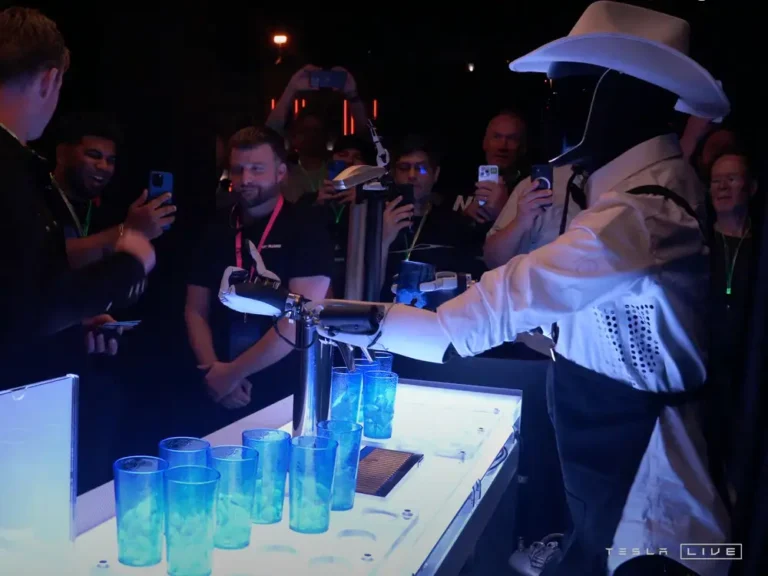The universities already offering AI degrees, from Penn to Carnegie Mellon

More universities are starting to offer degrees in artificial intelligence.
Universities are evolving their offerings in the age of artificial intelligence. Now, students have the option to pursue a full degree dedicated to AI.
As more colleges introduce an AI major, it means the computer science degree, long viewed as a pipeline into Big Tech, has some more competition.
The new AI majors arrive as the industry goes through change, with many tech companies investing heavily in LLMs and generative AI products while simultaneously tightening their belts and trimming staff.
The battle for top AI talent — researchers and engineers at the top of their game — is fierce, with CEOs personally trying to woo hires.
A degree in AI may prove tempting for current and future students hoping to get training and experience with LLMs and generative AI early in their careers. While computer science degrees can cover a wide array of fields, including computer programming, data science, computer systems analysis, and more, AI jobs can require more specific skills in machine learning and algorithms.
Universities are quickly looking to step in and fill that gap.
Professor David Garlan, the associate dean for Carnegie Mellon’s computer science master’s program, told B-17 that as the AI revolution continues to sweep industries, education is also adapting to keep up.
“You’ll see AI sort of permeating pretty much any curriculum these days,” he said. “That’s here to stay.”
Undergraduate degrees
Carnegie Mellon is one institute that has already created a bachelor of science in artificial intelligence, a trend that is already picking up steam across other universities.
In February, the University of Pennsylvania became the first Ivy League school to announce an undergraduate degree in AI. Beginning this academic year, students earning a BSE in Artificial Intelligence can explore courses in machine learning, computing algorithms, data analytics, and advanced robotics.
“We are training students for jobs that don’t yet exist in fields that may be completely new or revolutionized by the time they graduate,” said Robert Ghrist, Associate Dean of Undergraduate Education in Penn Engineering, in a statement at the time.
Universities that have begun to offer Bachelor of Sciences in Artificial Intelligence include:
- Carnegie Mellon University
- University of Pennsylvania
- California Institute of Technology
- Dakota State University
- Illinois Institute of Technology
- Keiser University
- Long Island University
- New England Institute of Technology
- Oakland University
- UC Santa Barbara
- University of Texas San Antonio
Some institutes that don’t have dedicated AI degrees still offer concentrations in AI and/or machine learning.
“Something like mechanical engineering or civil engineering will typically have a version of the program with an emphasis on AI and a more traditional degree that students might take,” Garlan said.
For example, Boston University students earning a BS in biomedical, computer, electrical, or mechanical engineering can pursue a concentration in machine learning. Stanford University’s symbolic systems degree and Carnegie Mellon’s computer science degree also offer AI concentrations. Meanwhile, Duke University’s CS degree offers a concentration that covers both AI and machine learning.
Graduate Degrees
Graduate degrees in AI offer a great specialization to those who completed a CS major in undergrad or simply those looking to get into the field after earning their bachelor’s degree.
Some institutes that don’t have undergraduate degrees still offer graduate degree programs in AI, both online and in-person.
Schools that offer an MS, MSE, or ME in specifically artificial intelligence include:
- Carnegie Mellon
- Duke
- John Hopkins
- John Hopkins University
- UCLA
- University of Texas at Austin
Some schools that offer master’s in computer science with AI or machine learning specializations include:
- Columbia University
- Cornell University
- Georgia Institute of Technology
- Rice University
- Stanford University
- USC
For students nearing college or selecting a major, there’s no one perfect track, and there are plenty of factors to consider.
With the addition of these undergraduate and graduate degrees, students who know they want a career in AI now have more pathways to choose from — with more likely on the way as universities seek to stay competitive.






